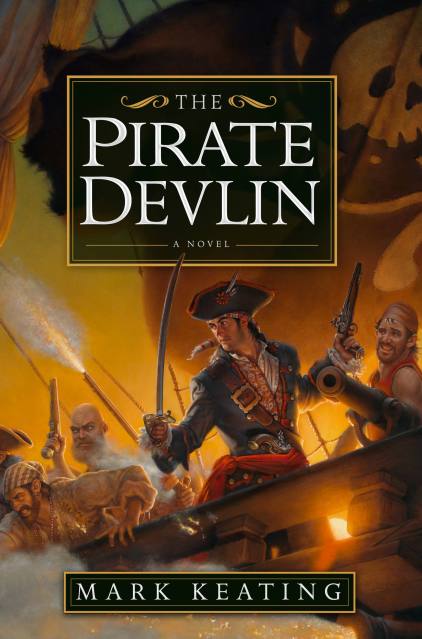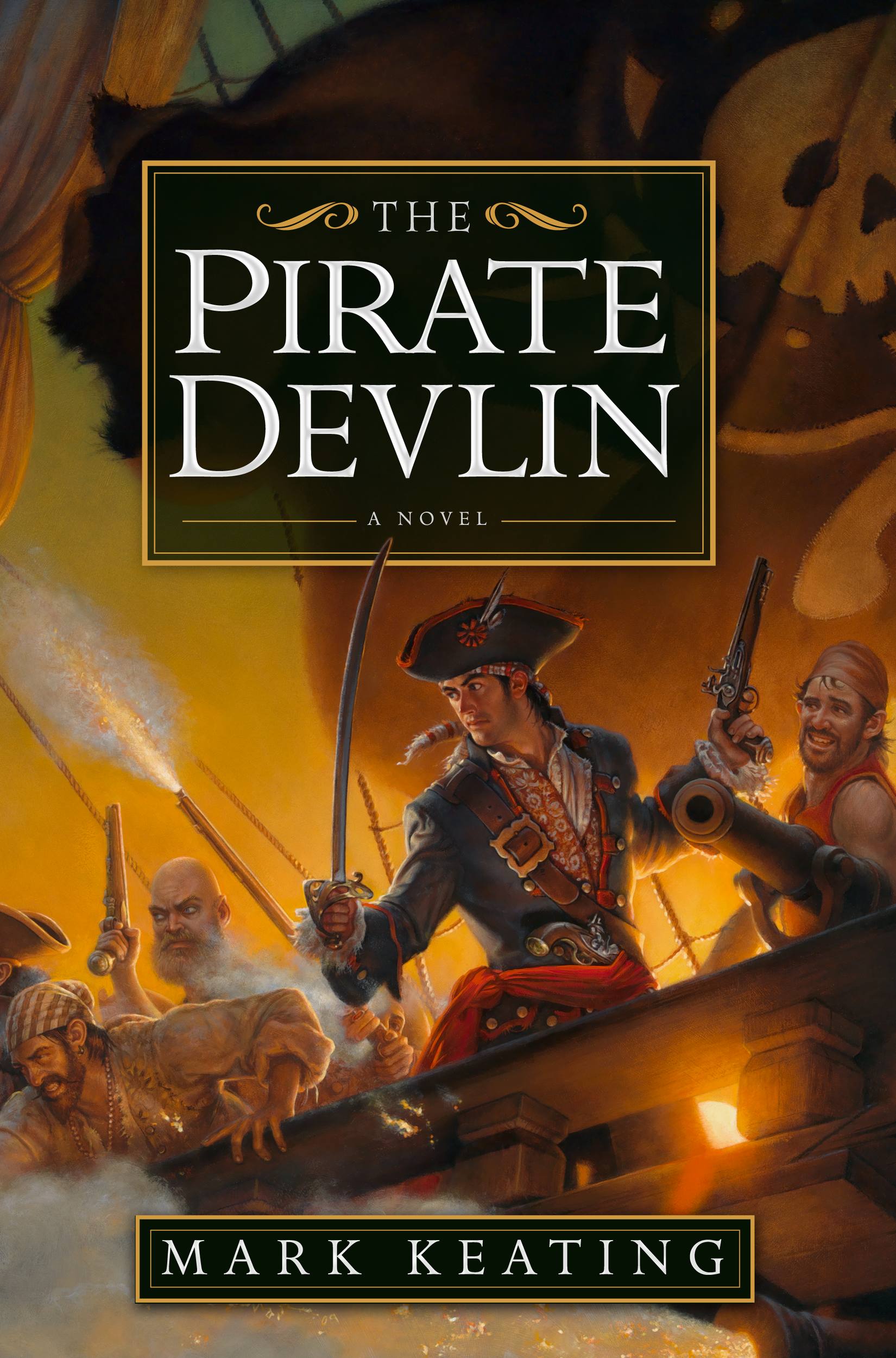Promotion
Use code MOM24 for 20% off site wide + free shipping over $45
The Pirate Devlin
Contributors
By Mark Keating
Formats and Prices
Price
$11.99Price
$15.99 CADFormat
Format:
ebook (Digital original) $11.99 $15.99 CADThis item is a preorder. Your payment method will be charged immediately, and the product is expected to ship on or around July 27, 2010. This date is subject to change due to shipping delays beyond our control.
Also available from:
An injured French officer struggles along a desolate stretch of West African coastline, desperate to hold on to a secret.
His tale soon ends—violently—but a young pirate recruit, Patrick Devlin, leaves that same beach unscathed, with a new pair of boots and a treasure map in his possession. Now, the adventures of the pirate Devlin, his shipmates, and those who wish them all dead move forward without restraint, through broadside barrages and subterfuge and brutal encounters on land and at sea, where nothing is as it seems.
In these pages, readers will meet Blackbeard and his cohorts, Portuguese colonial governors and French commandants, officials of the East India Company and Royal Naval officers, fresh-faced midshipmen and gnarly, scarred, and drunken pirate crewmen. But none is as impressive and memorable as the former servant and newly minted pirate Captain Devlin—unless it's the one man he once served on board a British man-of-war, a man now sworn to kill him.
Genre:
-
"Keating's pirates are no mere escapees from a Disney thrill ride; they're bloodthirsty, cruel, and sadistic to a man. The author seems hell-bent on restoring the pirate to his formerly fearsome berserker glory. And in this rousing swashbuckler, he resoundingly succeeds."Publishers Weekly
- On Sale
- Jul 27, 2010
- Page Count
- 352 pages
- Publisher
- Grand Central Publishing
- ISBN-13
- 9780446571739
Newsletter Signup
By clicking ‘Sign Up,’ I acknowledge that I have read and agree to Hachette Book Group’s Privacy Policy and Terms of Use







